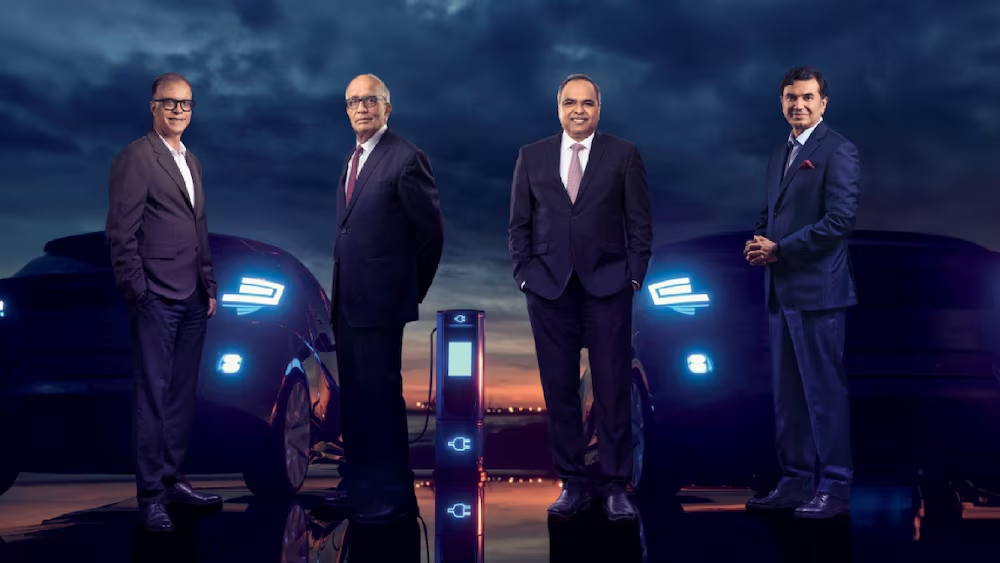There will be fierce rivalry in the growing Indian EV industry as big firms like Hyundai, Maruti Suzuki, and M&M prepare to launch a number of new EVs in the upcoming year. They will be positioned as formidable competitors to the market leaders Tata Motors and JSW MG Motor India as a result of this move.
The scene is set for a big confrontation. A major move towards green technology in the automobile industry will be marked in January 2025 when a variety of new electric cars will make their premiere in Delhi, which is notorious for its severe winter smog. In an effort to take advantage of a market where EVs will only make up 2% of new car sales by 2024, at least eight major automakers are prepared to launch their newest EV models.
These include industry leaders like Tata Motors, JSW MG Motor, and Mahindra & Mahindra (M&M). They will be joined by heavyweights like Ford Motor, which is returning to the Indian market with an emphasis on EV exports after stopping local production of fossil-fuel vehicles in 2022, as well as Maruti Suzuki, Hyundai Motor, Kia India, and China’s BYD. Pawan Goenka, the chairman of IN-SPACe, anticipates that the arrival of these companies would greatly increase the options available to consumers. Goenka emphasizes how government incentives and industry innovation are making the high costs and limited EV options of the past obsolete.

EV Market Competition in upcoming days
In order to make EVs more affordable, the growing competition is well-positioned to solve important customer concerns like financing, resale value, and charging infrastructure. As lithium-ion battery prices have dropped from $1,400 per kWh in 2010 to about $130–$140 per kWh in 2023, Union Minister of Road Transport and Highways Nitin Gadkari predicts that Electric vehicle would become more cheap in the next two to three years.
Domestic EV retail sales have skyrocketed, almost doubling in just a single year. To reduce the initial expenses of ownership, cutting-edge financing schemes like Battery-as-a-Service (BaaS) are also being investigated. Businesses like JSW MG Motor India are collaborating with different financial institutions to provide usage-based flexible payment plans, which have the potential to completely change how consumers view and buy.
In order to lower supply chain risks and lessen reliance on foreign suppliers, especially those from China, automakers are also concentrating on localizing production. This change is anticipated to establish a more competitive and sustainable position in the global EV industry in addition to supporting the local economy. Indian auto manufacturing is expected to undergo a significant transformation as the sector demand, with a strong push towards electric mobility propelled by government assistance, changing consumer tastes, and technology breakthroughs.